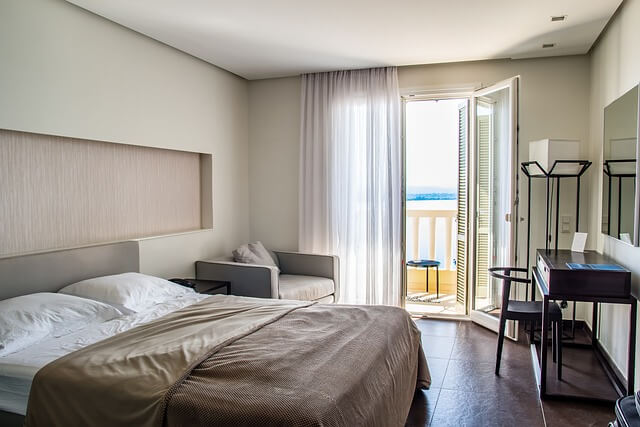When a Hotel Room Feels Like a Local’s Apartment
Some parts of Sydney feel temporary. Others feel lived in. Surry Hills belongs to the second kind. It’s the kind of neighbourhood where visitors slow down without realising it, drawn into the hum of cafés and late-night chatter that spills through narrow streets. It isn’t built for show. It’s built for living. And that’s exactly why staying here feels more like moving in than checking in.
The growing demand for small, design-led stays makes sense here. Travellers want something warmer than a business suite and more private than a hostel. They want walls that tell them they belong, at least for a few days. A boutique hotel in Surry Hills fits that expectation perfectly. It bridges two worlds: the independence of a home and the convenience of a stay that someone else takes care of.
The first difference shows up in the details. A good apartment hotel doesn’t just add a kitchenette and call it local. It studies how people live where they set down their bags, how they light a room at night, how morning sunlight hits the floor. The result feels balanced, as though every item has a purpose. That kind of thought gives small spaces a bigger personality. Corners become reading nooks, tables switch from desk to dinner without fuss, and storage hides in plain sight. Guests notice calmer routines: shoes by the door, coffee by the window, plans made with ease. It may be a short stay, but the room behaves like a home.
Surry Hills supports that idea with its own design language. Industrial edges meet soft colours. Vintage furniture sits beside bold artwork. The mix feels real because the neighbourhood itself is a mix: creative but grounded, stylish but practical. Guests walking out of a hotel door here don’t need a map to feel part of something. The streets invite them in.
That sense of belonging isn’t manufactured. It comes from rhythm. Local cafés remember orders. Market stalls recognise faces after a few days. Visitors pick up habits same bench, same bakery, same corner for morning coffee. By the time they leave, they’ve built a pattern that resembles routine. And once that happens, a boutique hotel in Surry Hills starts feeling less like accommodation and more like a temporary address.
The scale helps too. Unlike large hotels where guests move through endless hallways, smaller stays encourage connection. You might greet the same staff each day, or bump into the same neighbour heading out for dinner. It’s community in miniature brief, but real enough to leave a mark.

Image Source: Pixabay
Inside the rooms, there’s an intentional calm. Décor choices lean toward texture rather than flash. Open layouts keep everything close but comfortable. It’s not the kind of space that asks for admiration; it asks to be used. A guest might open the window to hear the street, cook something simple, and realise the experience isn’t about escaping life it’s about living it somewhere new.
Critics sometimes say the line between home and hotel shouldn’t blur. But travellers keep proving otherwise. The need for comfort has changed shape. It’s less about formality and more about flow about feeling capable of small routines even in a different country. That’s why the boutique hotel in Surry Hills model continues to grow. It gives structure to freedom.
When visitors think back on their trip, they rarely remember the thread count of the sheets or the number of TV channels. They remember small gestures: a morning walk through Crown Street, the scent of baked bread, a window view that felt familiar after three days. They remember that for a brief stretch of time, Sydney didn’t feel like a destination. It felt like home.
Comments